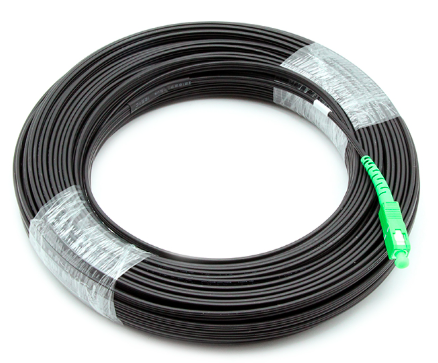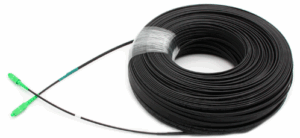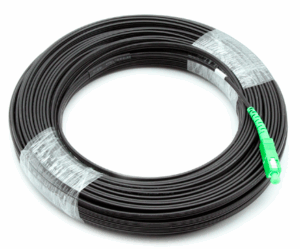Home » Top Tips for Choosing an FTTH Cables Manufacturer

With fiber optic networks expanding rapidly worldwide, finding the right FTTH cables manufacturer has become a critical step for telecom operators, contractors, and infrastructure providers. Industry data shows the global FTTH market growing at over 10% annually, with millions of new connections added each year. Poor-quality cables or unreliable supply chains can result in significant financial loss, increased downtime, and frustrated end-users.
Selecting a trusted manufacturer involves more than checking product catalogs. It requires understanding their certifications, production capabilities, logistics efficiency, and technical support systems. This guide will help you navigate these aspects and avoid common pitfalls.
Quality assurance forms the backbone of any successful FTTH deployment. A credible FTTH cables manufacturer must adhere to certifications such as ISO 9001 (quality management), RoHS (environmental compliance), and CE (European safety standards). These certifications ensure that the materials, processes, and final products meet international requirements.
Cables should also demonstrate strong technical performance. For instance, fiber optic cables with attenuation rates under 0.35 dB/km at both 1310 nm and 1550 nm ensure minimal signal loss over long distances. Mechanical reliability is confirmed through tensile strength tests above 2000 N and bend radius performance down to 15 mm. Environmental tests like thermal cycling (-40°C to 70°C) ensure resilience in diverse installation conditions.
Ask manufacturers to provide detailed test reports. This not only verifies their claims but also helps you compare multiple suppliers objectively.
The production capabilities of an FTTH cables manufacturer can determine how well they meet large-scale and custom project requirements.
Choosing a manufacturer with advanced technologies ensures your network is future-ready and able to handle growing bandwidth demands.

A dependable supply chain is vital to avoid deployment delays. Established FTTH cables manufacturers typically maintain large inventories—often over 500 km of standard cable types—for rapid dispatch.
Custom orders generally require 4–8 weeks lead time. Manufacturers with multiple regional warehouses and global logistics partnerships can cut delivery times by around 30%, which is crucial for time-sensitive infrastructure rollouts.
Real-time tracking systems and proactive communication help keep project managers informed throughout the production and delivery phases, reducing surprises.
The level of technical support provided often reflects a manufacturer’s commitment to customer success:
Robust technical support adds significant value, especially during complex or large-scale deployments.

Avoid these pitfalls by performing thorough due diligence and seeking references from other network operators.
Selecting the right FTTH cables manufacturer is more than a procurement decision—it’s a strategic investment in your network’s reliability and longevity. Look for manufacturers with proven certifications, advanced manufacturing technologies, strong logistics, and reliable technical support.
Pay attention to critical performance metrics like attenuation below 0.35 dB/km, tensile strength above 2000 N, and environmental durability. These standards help future-proof your network for 5G expansion, IoT integration, and smart city applications.
With a thorough evaluation process, you can ensure smooth, cost-effective FTTH deployments that meet the rising demand for ultra-fast, dependable connectivity.
